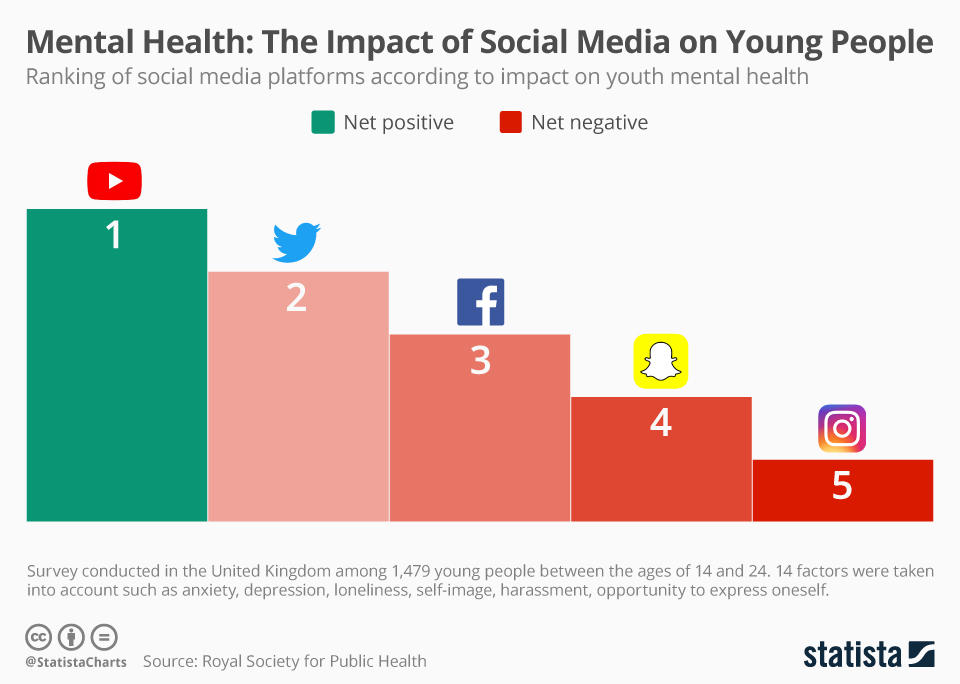Sleep is one of the most important things we can do for our bodies. It’s the time when our bodies recharge and repair, and without enough of it, we can experience a host of physical and mental health problems. Unfortunately, getting a good night’s sleep isn’t always easy. If you’re struggling with sleep issues, you’re not alone. In this blog post, we’ll explore some tips and tricks for improving your sleep quality and getting the rest you need to feel your best.
- Stick to a Sleep Schedule
One of the most important things you can do for better sleep is to establish a sleep schedule and stick to it. This means going to bed and waking up at the same time every day, even on weekends. This will help regulate your body’s internal clock and make it easier to fall asleep and wake up.
- Create a Relaxing Sleep Environment
Your sleep environment plays a big role in your ability to fall asleep and stay asleep. Make sure your bedroom is cool, dark, and quiet. Invest in a comfortable mattress and pillows, and consider using blackout curtains or a white noise machine if outside noise or light is a problem.
- Avoid Stimulants Before Bed
Stimulants like caffeine, nicotine, and alcohol can interfere with your sleep quality. Avoid consuming these substances before bed, and try to limit your intake throughout the day as well. Instead, opt for calming activities like reading or taking a warm bath before bedtime.
- Practice Relaxation Techniques
Relaxation techniques like meditation, deep breathing, and yoga can help calm your mind and prepare your body for sleep. Try incorporating these practices into your bedtime routine to promote better sleep.
- Limit Screen Time
The blue light emitted by screens can interfere with your body’s natural sleep cycle, making it harder to fall asleep and stay asleep. Limit your screen time in the hours leading up to bedtime, and consider using a blue light filter or switching to a non-electronic activity like reading.
- Exercise Regularly
Regular exercise can improve your sleep quality by reducing stress and promoting relaxation. Aim for at least 30 minutes of moderate exercise most days of the week, but be sure to finish your workout at least a few hours before bedtime to allow your body to wind down.
- Seek Professional Help if Needed
If you’ve tried these tips and tricks and are still struggling with sleep issues, it may be time to seek professional help. Talk to your healthcare provider about possible underlying causes and treatment options.
In conclusion, getting a good night’s sleep is crucial for your physical and mental well-being. By establishing a sleep schedule, creating a relaxing sleep environment, avoiding stimulants, practicing relaxation techniques, limiting screen time, exercising regularly, and seeking professional help if needed, you can improve your sleep quality and get the rest you need to feel your best. With these tips, you’ll be well on your way to a better night’s sleep.




